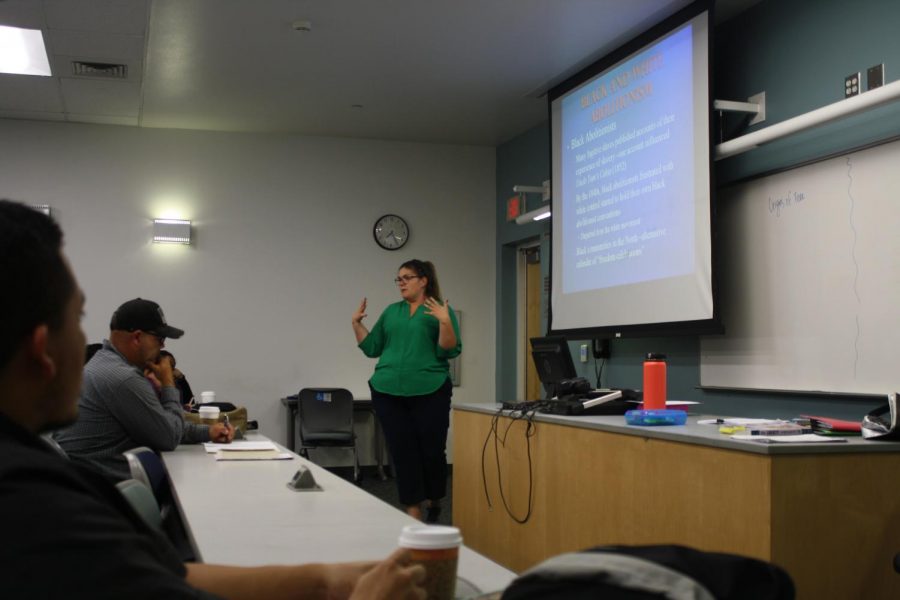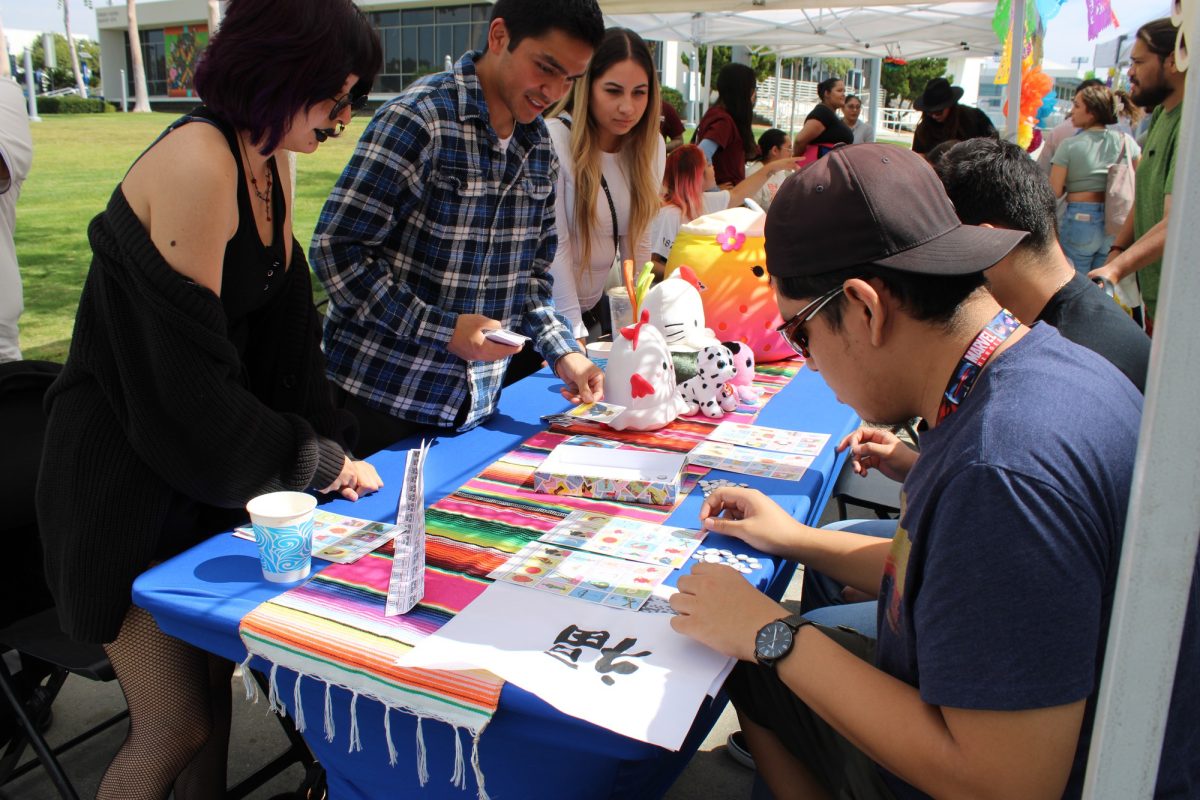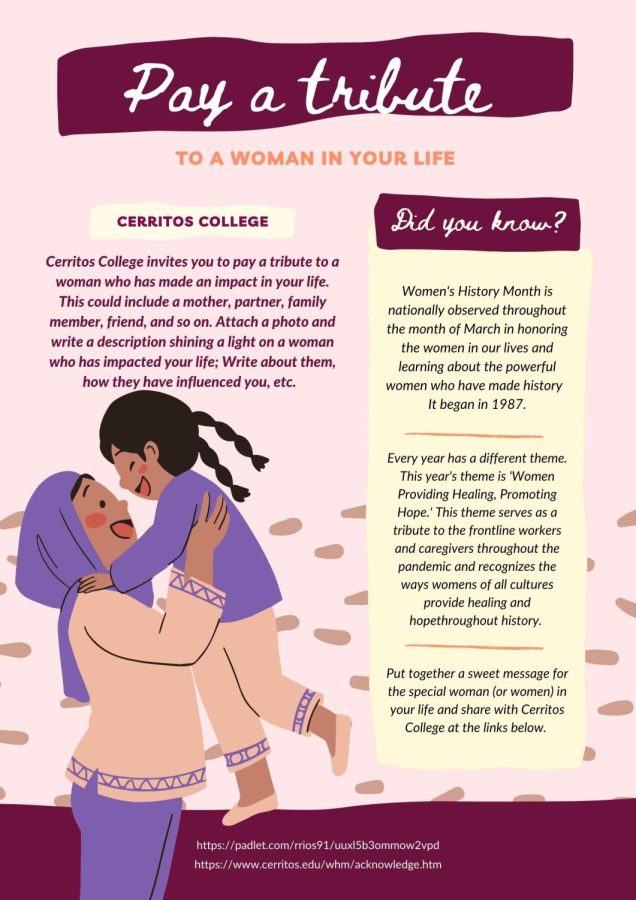Women’s History Month lectures continued on throughout the semester and professor Katherine Mishler of the History Department, held the most recent lecture. The “Women in the Abolition Movement” lecture was held in Mishler’s regularly scheduled class, History 102 on May 1.
Her class was her audience and Mishler feels “Like our classrooms are a ready sort of entry point to make women’s issues clear and have those in-depth discussions.”
She adds, “It’s a little easier to do that with your class than sometimes with a whole group of people you haven’t seen before. Where as you can ask more questions and have deeper discussions if they’re with the same people they work with everyday.”
Mishler started her lecture explaining slavery, on the U.S. being a white society and raising the question to her students, if the slaves were sent back to their homeland
Mishler’s students interjected their opinions and brought up the Bible in twisting the truth to benefit and justify the things slave owners were doing.
Being unable to fully participate in movements, black abolitionists were “Frustrated with white control,” said Mishler and published their own accounts.
At this time, women were good to have in the side lines, but not good enough to vote or have their own movement.
Men also found that women were useful politically, but only for their benefit. They did not want women to have any control, explains Mishler.
“Women demanded a right in the market revolution,” said Mishler. They also rejected the idea of women only being at home.
These were the times when feminism equaled freedom.
Women challenged male authority and feminism popularized wearing bloomers, which at the time was uncommon for women to wear pant-like bottoms, said Mishler.
Men controlled the women in every aspect during these times, including wages, requiring no consent with intimacy and physical punishment.
By this point, “Feminism had become a dirty word,” said Mishler. Women were breaking away and having their own meetings.
Adding that in human nature, people justify things to do the things that they do.
It is important to be actively engaged citizens said Mishler, and to be aware that history does repeat itself.
Having done a lecture on Women’s History Month earlier in the semester, Mishler said, “I’m always a big proponent of Women’s History Month. I did a presentation earlier in the semester in March on ‘Rape and Sexual Power in Colonial America.'”










